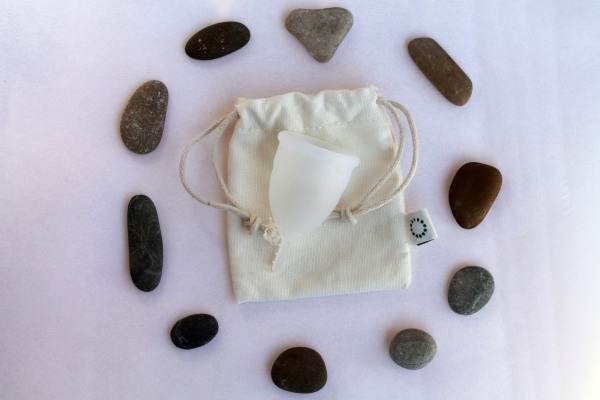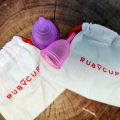10 Reasons Not to Use a menstrual cup
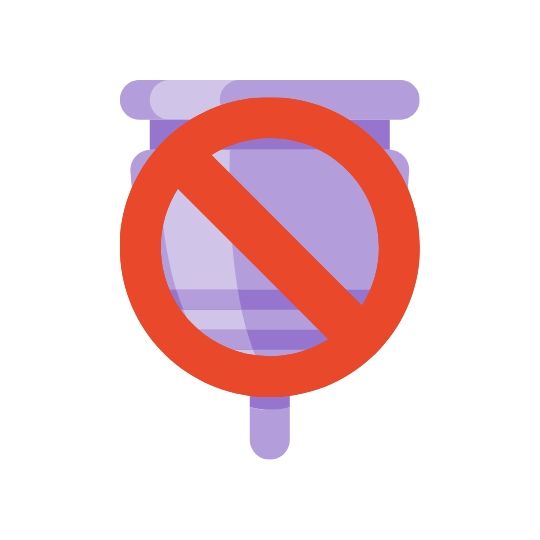
Menstrual cups are one of the best alternatives to disposable menstrual products. There are a lot of reasons why women switch to eco-friendly products. We all know why we should use a menstrual cup, but do you know the reasons not to use a menstrual cup. There can be several circumstances when a menstrual cup should not be used. Here are 10 reasons not to use a menstrual cup.
Disclosure: “Please note that some of the links below may be affiliate links, and at no additional cost to you, I earn a commission if you make a purchase. Click here for the full disclosure statement.” Also, as an Amazon Associate, I earn from qualifying purchases. Please see full Amazon disclosure at the bottom of the page
1. During Pregnancy
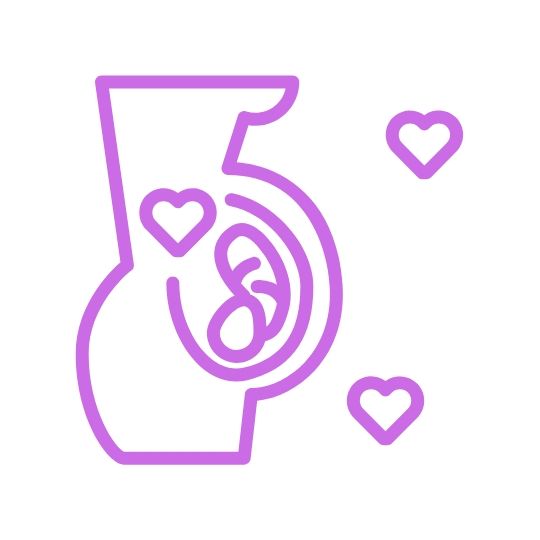
Being pregnant is an amazing experience. It is not the time to use a menstrual cup. Your body is going through so many changes that using a menstrual cup may not be a good idea. If you are experiencing light spotting period panties, organic pads, or cloth pads are a great alternative.
2. Immediately After Giving Birth
If you have been pregnant or given birth to a child, you know all too well how much your body changes. After giving birth you are not the same downstairs. Your cervix will have gone through a metamorphosis, growing to 10 cm. I can tell you from personal experience there will be a lot going on down there, especially if you had a tear during delivery. You will be sore and swollen, so wearing anything internally is not recommended. Depending on when your cycle starts, it is best to consult with your doctor before using your cup again.
A product that was a lifesaver immediately after giving birth for me was period panties. They are so awesome!! I didn’t have to use the net panties from the hospital, they didn’t fit me properly. It made my healing process a lot easier and I didn’t have to worry about leaks.
3. During Sex

There are times when you want to get it on during your menstrual cycle. If you don’t mind the mess, there is nothing for you to do, we don’t judge. If you don’t like dealing with the mess, you have options.
Menstrual cups should not be used during intercourse (penetration). An exception to this is oral sex, a menstrual cup can be used with that level of intimacy. It can be quite painful for you or your partner, depending on their size, to constantly hit the stem on your cup. If you would like to have sex during that time of the month, menstrual discs are the best option. They allow you to get it on without making a mess or causing pain for your partner. That’s what I call a win/win situation.
Please remember menstrual cups or discs are not meant to be a form of contraceptive.
4. After a Miscarriage
Dealing with a miscarriage is not only emotional but physical. Our bodies are amazing and go through a process of healing. Your body will go through a “self-healing” process in which it will clean everything out. As a result, you may experience shedding and heavy bleeding resulting in blood clots. During this time you should not use a menstrual cup. The best option would be period panties, organic pads, or cloth pads. You should ask your doctor when it is safe to start using a menstrual cup again.
5. If You Have a Yeast Infection
Currently, there is no evidence that menstrual cups cause or worsen yeast infections, but if you have a yeast infection it is best not to use a menstrual cup. Dealing with a yeast infection during your menstrual cycle sucks! Not only is your uterus having a temper tantrum and shedding, but you may be experiencing burning, itching, or general irritation. If you decide to use a menstrual cup with a yeast infection you must clean it thoroughly. For safety reasons, cleaning your menstrual cup after emptying it is best. You do not want to reintroduce the bacteria into your vagina after each removal so extra precaution is needed.
6. Use with a Tampon
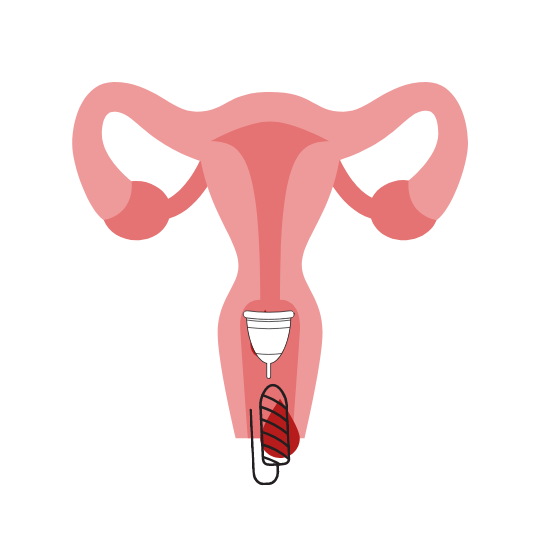
Some women, especially new menstrual cup users, have backup protection for their menstrual cups in case of leaks. Menstrual cups are designed to hold as much as five tampons. You should never use a menstrual cup and tampon at the same time. It will be uncomfortable and can cause dryness and potentially other harm.
7. If Experiencing Unusual Excessive Vaginal Dryness
As women, sometimes our hormones and pH-balance get out of whack and cause interesting things to happen within our body. One of those things could be unusual dryness. If you have been experiencing dryness, it may be best to take a break from your menstrual cup. Although menstrual blood can act as a lubricant, inserting a cup can be uncomfortable and for others, it can be very painful. For times like this, we recommend using organic or cloth pads. This will give you time to identify the cause of the change. If you are set on using your menstrual cup, using water as a lubricant or a water-based lubricant is best.
8. If you Experience IUD Difficulties or Frequent Dislodging
In general, menstrual cups and IUDs are safe to use together, with approval from your doctor. There is no evidence stating menstrual cups increase the risk of complications with your IUD. It is important to know and understand the risks, talking to your doctor is the best option in this case. If you have frequent difficulties or dislodging, using a menstrual cup may not be best for you. There are other eco-friendly alternatives to consider, such as cloth pads or period panties.
9. If you are Using Topical Medications/Ointment
For menstrual cups to last, you have to clean and take care of them properly. The medical-grade silicone can be broken down or compromised over time if it is introduced to foreign chemicals such as fragrances, cleaning solutions, or harsh chemicals. If you are using topical medications on your vaginal area do not use a menstrual cup. Over time it may degrade the silicone material in your cup.
10. During Pelvic Exams (With Gynecologist)
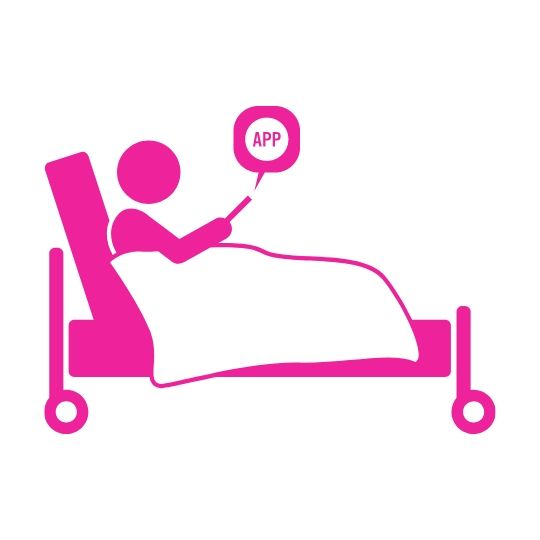
Sometimes periods have horrible timing and may start when you do not want them to. If you are planning to go to the doctor it is best not to use a menstrual cup. I went to my physician for a regular physical and ended up getting a pap smear. Just be prepared and have backup protection, just in case you end up in stirrups. Menstrual cups block the view of your cervix, which needs to be examined during a pap smear.

